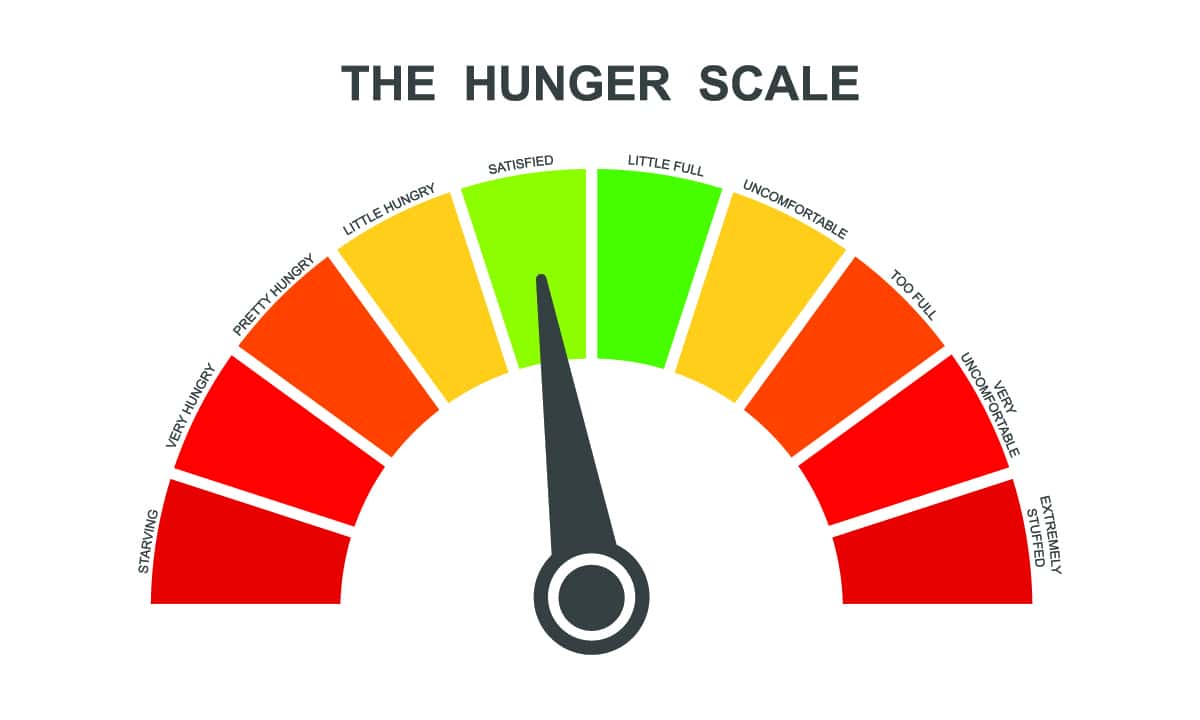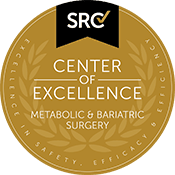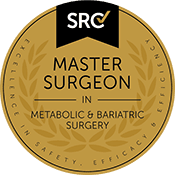
- Expertise
- Compassion
- Success
Lose the Weight and
Gain Back Your Life!
How Gastric Sleeve Surgery Decreases the “Hunger Hormone” for Major Weight Loss

Gastric sleeve surgery not only reduces the stomach size by about 70% but also affects the production of the “hunger hormone” called ghrelin. Lower levels of ghrelin make it easier for bariatric surgery patients to control their food intake and reduces hunger sensations between meals. The combination of a smaller stomach and less ghrelin helps patients manage their appetite and trade poor eating habits for more nutrient-dense meals and a healthier lifestyle. Dr V. Kuzinkovas has helped countless people struggling with obesity take control of their health and lose their excess weight with sleeve gastrectomy.
What Is Ghrelin?
Ghrelin is a 28-amino-acid peptide produced in the upper area of the stomach (gastric fundus). The top portion of the small intestine (duodenum) also produces ghrelin. When this hormone is released, it tells your brain that you are hungry and pushes you to search for food to satiate the hunger. Many obese people have altered ghrelin secretion levels that make them feel the need to eat more than their body needs to thrive.
The stomach releases ghrelin before you eat and decreases the hormone level in relation to how many calories you take in. This is why a dieting person may struggle with hunger pangs and find it challenging to maintain their diet long-term; their body is telling them they are hungry more often.
Ghrelin rises when the stomach is empty and during low-calorie diets, chronic exercise, or anorexia nervosa because of a negative balance of energy in the body.
How Gastric Sleeve Surgery Affects Ghrelin Production
Sleeve gastrectomy reduces the release of ghrelin by removing the portion of the stomach that produces it, including most of the gastric fundus, which makes up to 20 times more of the hormone than the duodenum. As a result, gastric sleeve surgery patients eat less because they have a smaller stomach and feel more satisfied after and between meals. The procedure stops hunger pangs and helps patients achieve sustainable weight loss because they are hungry less often and satiated longer after eating.
Gastric sleeve surgery alters ghrelin production within one day of the procedure. The hormone decrease lasts several years, which could be why patients typically lose most excess weight six to 18 months after surgery. Some patients experience such a significant decrease in hunger that they must set alarms to remind themselves to eat every couple of hours. Other patients may only feel minor hunger sensations that notify them it’s time to eat something. That decrease in hunger helps people make healthier food choices and makes them more likely to eat slowly and consume the right amount of food.
The altered ghrelin production may help patients with diabetes go into remission. The role of ghrelin is still being researched, but it plays an essential role in the metabolic system. Gastric sleeve surgery helps restrict food intake, promotes weight loss, and may lead to type 2 diabetes remission.
If you’re interested in sleeve gastrectomy, contact Advanced Surgicare in Sydney at 1300-551-533 to schedule a consultation with our Master Bariatric Surgeon.





